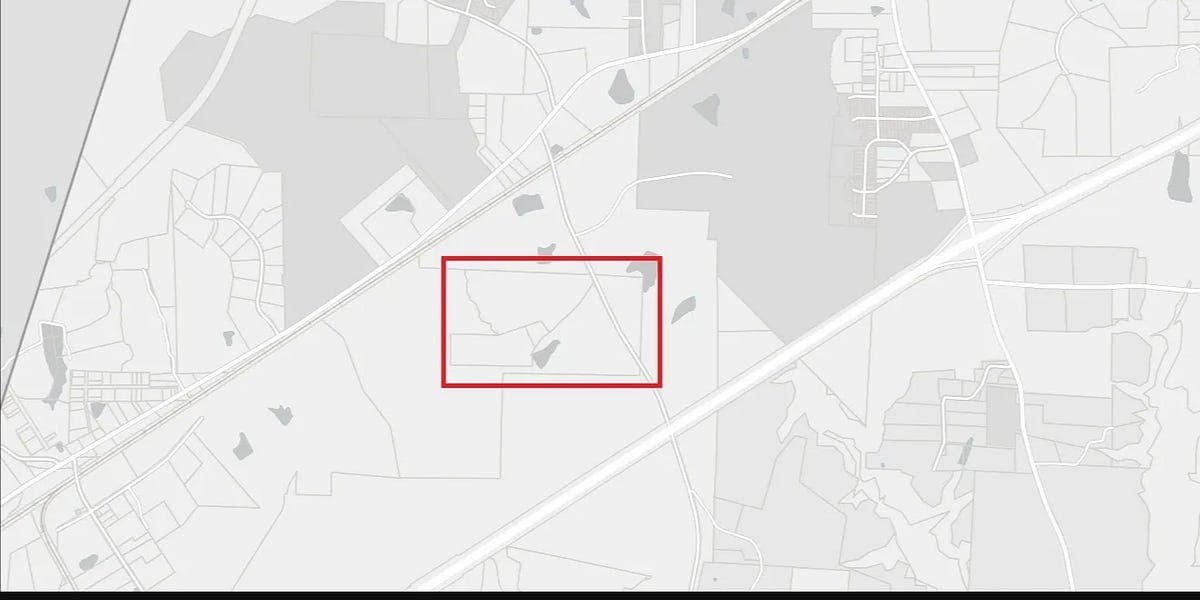Raleigh Council Approves Urban Farm, Housing, Speed Reductions
The Raleigh City Council on November 4 approved a package of land use, housing, safety, and parks actions that will deploy public funds into a nine year urban farm agreement, a 17 unit recovery oriented housing project, small nonprofit grants, reduced speed limits on local streets, and schematic park designs to extend greenway access. These decisions commit City resources and set project timelines that will affect neighborhood safety, affordable housing capacity, and recreational access across Wake County.
Listen to Article
Click play to generate audio

The Raleigh City Council advanced multiple local priorities at its November 4 meeting, approving actions that will shape neighborhood services and public investment in the coming years. The most consequential items include a nine year license agreement with Raleigh City Farm to develop and manage an urban farm at Marsh Creek Park, and a $2.2 million commitment from Affordable Housing Bond funds to Healing Transitions for a 17 unit recovery oriented rental housing project called Forward Together.
The license agreement with Raleigh City Farm formalizes a long term management and programming role for the nonprofit at Marsh Creek Park, creating a new agricultural and education space within the city park system. Council approval clears the way for site development and community programming under the farm operator, while the nine year term signals a sustained public private partnership model for urban agriculture in Raleigh.
The Forward Together project represents a targeted use of voter approved Affordable Housing Bond resources to support housing for people in recovery. The Council committed $2.2 million from those bond funds to Healing Transitions, enabling the organization to move forward with a 17 unit rental project. This allocation shows how bond funds are being used to expand housing types beyond traditional affordable units, aligning housing strategy with public health and recovery services.
Council also allocated modest contingency grants to local nonprofits from Council contingency funds. The Black Mental Health Movement received $2,500 and Saving Adolescent Girls Everywhere received $3,000. These small grants provide near term operational support for community based services that serve Wake County residents.
On street safety, Council approved lower speed limits on several local streets including Monument Lane, Owens Lane, Society Place, and Wayne Street. Those changes aim to reduce traffic speeds and improve safety for pedestrians and cyclists in affected neighborhoods, and will require follow up with signage and enforcement through City and traffic operations.
Parks bond projects moved forward as well with Council approval of schematic designs for Neighborhood and Community Connections and the South Park Heritage Trail. Those schematic approvals expand planned greenway access and neighborhood connectivity, representing an early design milestone ahead of final design and construction.
These measures were summarized on the City of Raleigh Council Highlights page updated November 5, 2025. Council approvals now place responsibility on city departments and partner organizations to deliver projects on schedule, manage bond funds responsibly, and report back to residents on progress and outcomes. For Wake County residents, the decisions mean new opportunities for recreation, safer streets, targeted housing resources, and modest support for local nonprofits, while also creating expectations for implementation and oversight in the months ahead.


